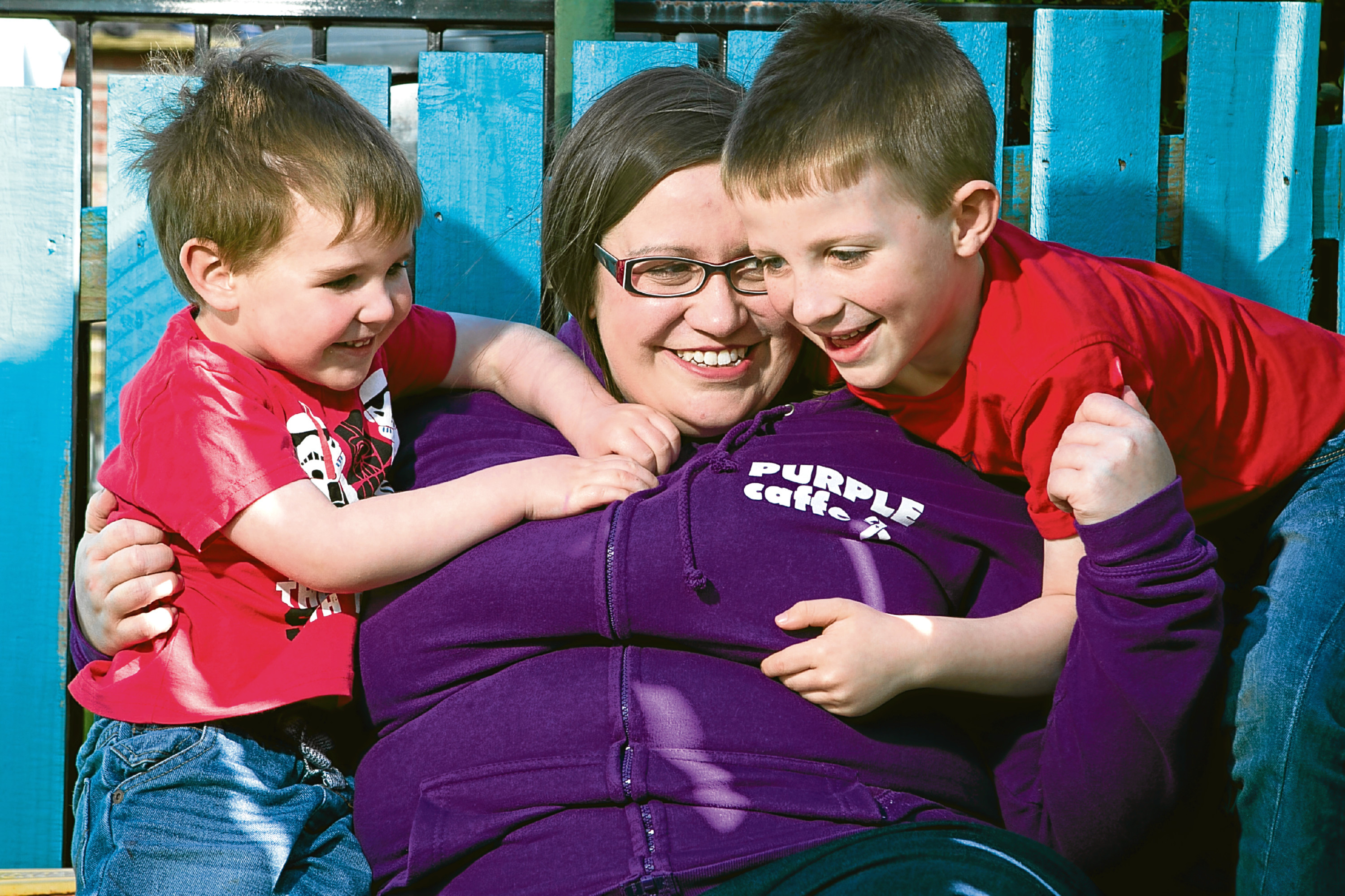
WHEN Felicity-Claire Brown started having blackouts, she was concerned.
Aged 11, she was fainting up to six times a day.
Felicity-Claire hoped the doctor would be able to shed some light on it, but the diagnosis was “attention seeking”.
“My school thought I was trying to skip classes,” the 29-year-old said.
“The solution was to lock me away in a behavioural support unit for eight hours a day. It felt like a punishment and I was bullied as a result.
“At the time, there wasn’t much knowledge about epilepsy. I suspect that’s why the doctors couldn’t diagnose it.”
Later in life, it was put down to stress.
It took Felicity-Claire until last year – 17 years after her symptoms first emerged – to be diagnosed with epilepsy.
And even then, it was only by chance.
She blacked out while taking son Daniel to A&E. And the doctor suspected something more sinister than a simple faint. “I told him it was just stress, but he referred me straight to a neurologist,” the Glenrothes mum-of-two explained.
“When they said it was epilepsy, I was relieved. After all these years, it was a weight off my shoulders to discover it wasn’t just in my head.”
Felicity-Claire’s diagnosis came 10 months after son Blair, 3, was found to have the same condition – and three years after Daniel, 7, was diagnosed.
Daniel’s epilepsy came to light when Felicity-Claire noticed some strange behaviour.
“He would fall, or spill a drink without realising,” she said.
Daniel was sent to see a specialist in brain activity.
“As soon as we told people he had epilepsy, it was an issue.
“We couldn’t enrol him in swimming lessons because it was apparently too risky and nursery refused to take him on a trip because a risk assessment hadn’t been carried out.
“Daniel said: ‘Do the other children not want to play with me because I have epilepsy?’ It broke my heart.
“That’s when I made a promise to him that he would have the same experiences as anyone else.”
Felicity-Claire tried to find a support group, but the nearest charity was miles away.
It planted the seed of starting her own community group – an idea reinforced when Blair had his first seizure aged just 16 weeks.
The former private security worker first met Dawn Catterson, from Lochgelly, on an online support page.
Dawn’s husband Mark has epilepsy, as do the couple’s two sons Corran, 14 and Logan, 6.
An epilepsy nurse later introduced Felicity-Claire to Niall Shaw and son Sam, who both battled with the condition.
The trio joined forces to launch Purple Caffe (Children and Families in Fife with Epilepsy), an informal support group.
“I want my children to lead as normal a life as possible,” said Felicity-Claire. “Thankfully things have changed since I was younger. I just hope we can make things even better for the generations of the future.”

Enjoy the convenience of having The Sunday Post delivered as a digital ePaper straight to your smartphone, tablet or computer.
Subscribe for only £5.49 a month and enjoy all the benefits of the printed paper as a digital replica.
Subscribe